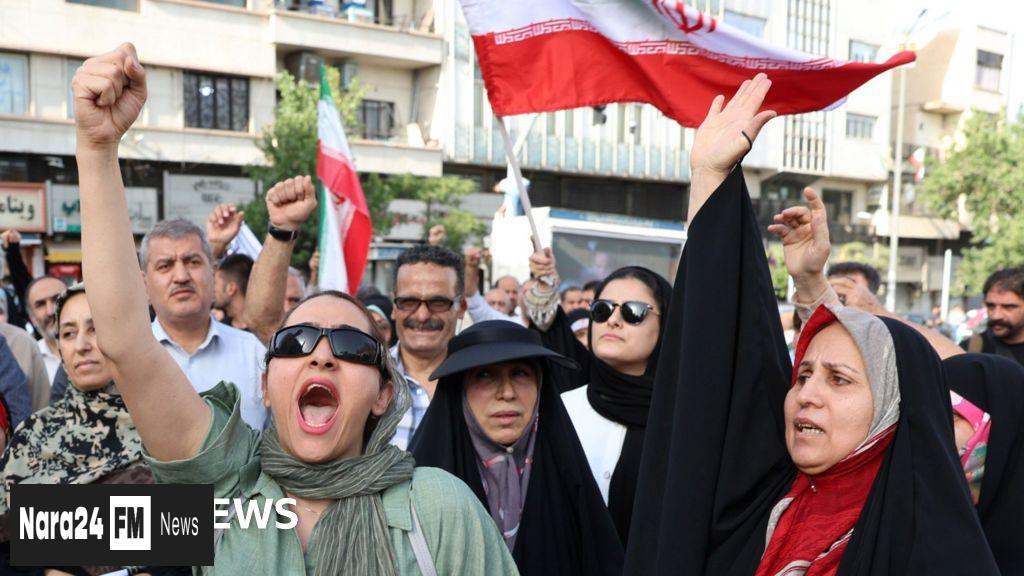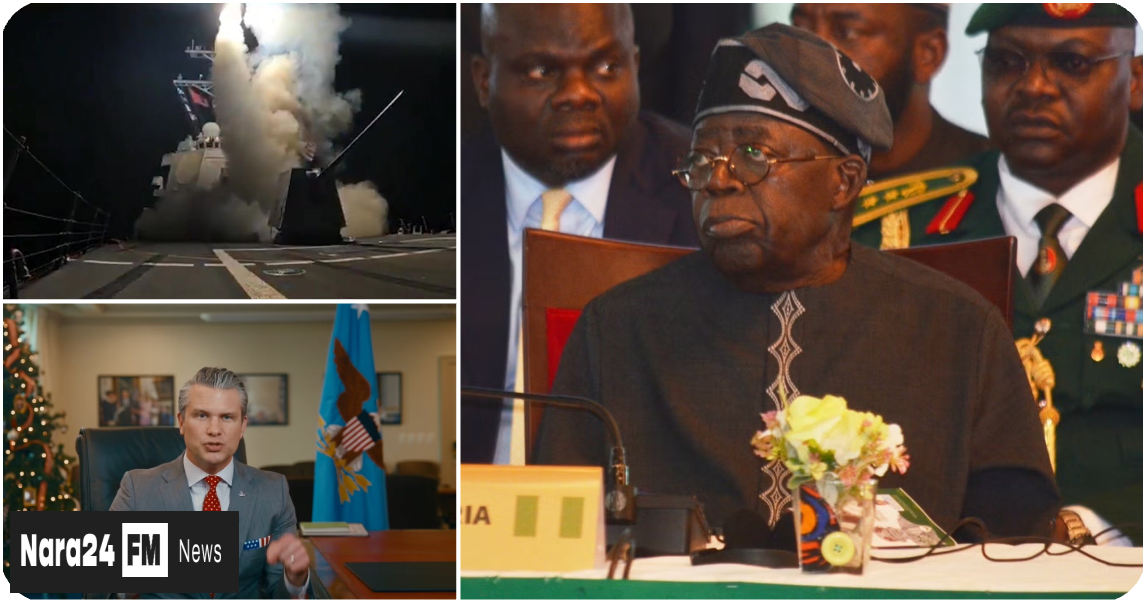In This Article
- Fear and Defiance Among Iranian Citizens
- International Reactions to US Strikes
- Humanitarian Toll and Escalating Conflict
- Impact of Government Restrictions on Communication
- Defiant Stance of Some Iranian Citizens
- Hope for De-escalation and a Peaceful Resolution
Key Takeaways
- Iranian citizens are expressing fear and defiance following US strikes on key nuclear sites.
- Iranian Foreign Minister Abbas Araghchi condemned the US strikes, warning of lasting consequences.
- Iran has reported over 430 casualties from the strikes, with human rights groups suggesting the number could be higher.
- Despite escalating tensions, some Iranians remain defiant and express readiness to sacrifice for their country's honor and security.
- Iranians are hopeful for de-escalation and a peaceful resolution amidst the ongoing crisis.
Iranian citizens are voicing their fear and defiance in the aftermath of the US strikes on their country's key nuclear sites. Following the bombings of the Isfahan, Natanz, and Fordo facilities, many Iranians are expressing a mix of emotions ranging from paralysis to anger.
Shahla, a concerned citizen who chose to remain anonymous for safety reasons, described feeling paralyzed and constantly surprised by unfolding events. She, like many others, is uncertain about what the future holds amidst escalating tensions.
Iranian Foreign Minister Abbas Araghchi condemned the US strikes, stating that they have crossed a significant red line and warning of lasting consequences. The strikes occurred following Israel's recent large-scale air campaign against Iran to address perceived threats from Iran's nuclear and ballistic missile programs.
The situation has led to a tragic toll, with Iran reporting over 430 casualties, while human rights groups suggest the number could be even higher. In response, Iran has launched missiles at Israeli cities, resulting in further casualties.
The Iranian government's restrictions on internet access have exacerbated the situation, making it difficult for families to communicate and limiting the flow of information about the ongoing crisis.
Despite the escalating tensions, some Iranians remain defiant. Homayoun, from the north-western region of Maku, vowed to stand by his country and expressed readiness to sacrifice for Iran's honor and security. He rejected threats from the US and its allies, emphasizing Iran's resilience.
President Trump's warning of further attacks if Iran retaliates has been met with defiance from Iranian officials. Araghchi stated that Iran will defend its security, interests, and people using all available options, holding the US accountable for the consequences of its actions.
As the situation unfolds, Iranians are hopeful for de-escalation and a peaceful resolution. Many express a desire for a new Iran that adopts a fresh approach towards international relations and domestic affairs.
Despite differing opinions on Iran's nuclear ambitions, citizens are united in their hope for a better future for their country, free from external interventions. The ongoing tensions underscore the complexities and challenges faced by Iran and its people amidst the current crisis.








Comments (0)
Leave a Comment
Be the first to comment on this article!